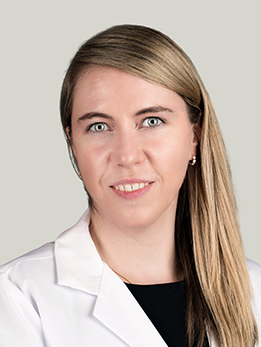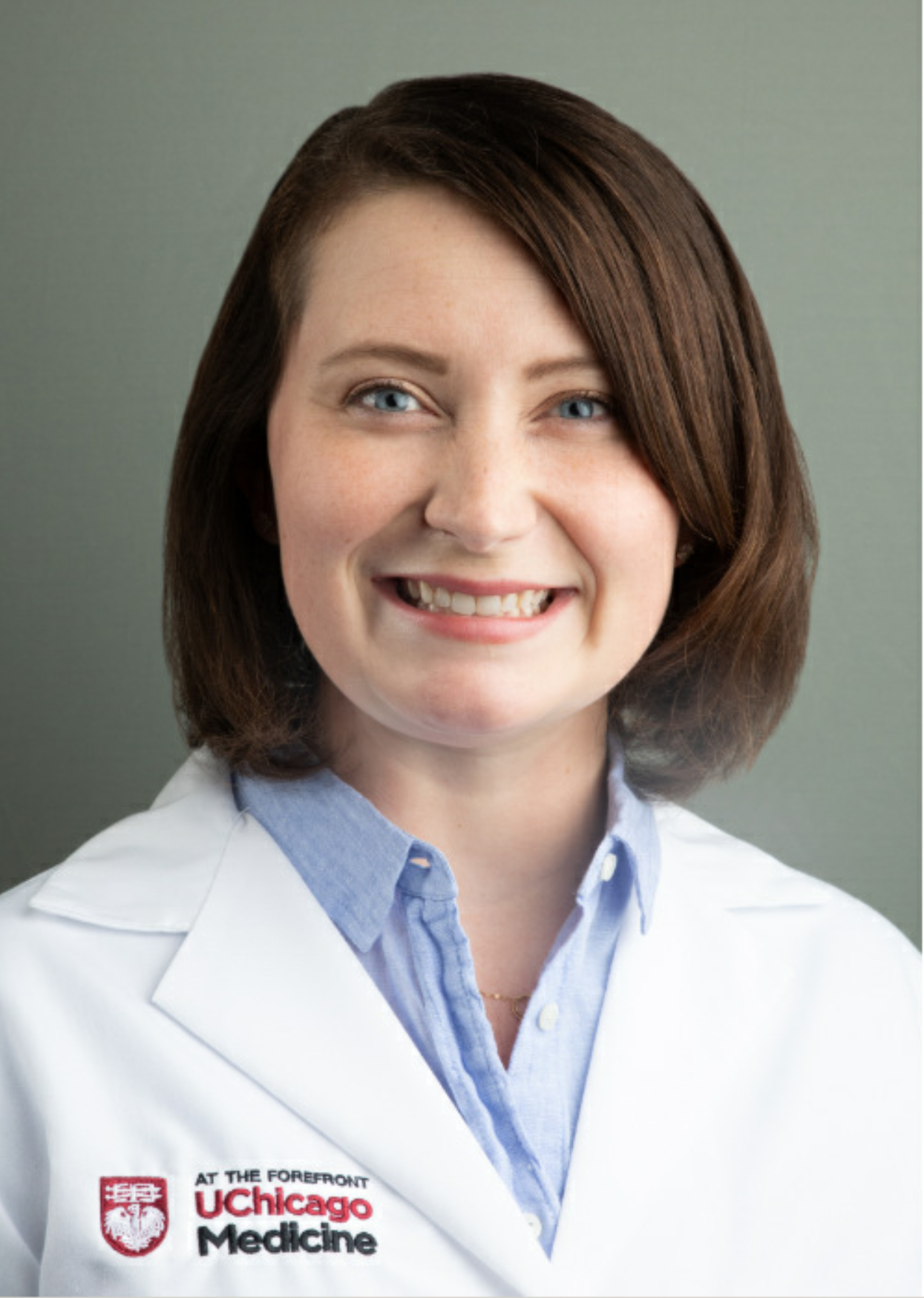Changing Lives Through Groundbreaking Science
Using robust scientific and lay review, in the 2024 cycle, the GI Research Foundation awarded $600,000 to eight investigators at the University of Chicago for novel research projects.
2024 Innovation Awards
Evaluating the Incidence of and Treatments for Peristomal Pyoderma Gangrenosum
THE PROBLEM
Patients with inflammatory bowel disease can experience a wide range of complications, including parastomal pyoderma gangrenosum (PPG). In our practice, we have observed an apparent increase in the incidence of PPG.
PPG is a debilitating condition that results in full thickness ulcerations around the stoma, a small opening in the stomach to remove feces and urine into a collection bag. This complication dramatically impacts patients’ quality of life due to the painful ulcers and disruption in predictable collection. There is little data regarding the risk factors associated with the development of PPG.
THE HYPOTHESIS
Recent increase in use of immune-modulating biologic agents for IBD may be contributing to our perceived increase in incidence in PPG.
THE RESEARCH PLAN
- Use retrospective chart review to define the current rate of PPG in IBD patients against a control group of IBD patients with a stoma and without PPG. Investigate patients’ exposures to immunomodulators and biologics.
- Use chart review to Evaluate and describe the treatments used in the study cohort to identify most effective treatments.
- Using the data, develop a preliminary treatment algorithm, incorporating data on the most effective treatment for this disease.
THE GOAL
Use results to expand this study to other major IBD sites to confirm findings. Use expanded results to drive the most successful ways to prevent PPG and successfully treat it.
“These grants focus on research that advances the diagnosis, treatment, prevention, and cure of digestive diseases. Additionally, the goals of the grants program include to:
- Help build the field by funding emerging scientific leaders
- Provide seed funding for innovative ideas that, if successful, could result in larger grants from funders such as the National Institutes of Health
- Fund bold research ideas that might have risk of failure but high reward for success, as these projects have difficulty securing funding elsewhere
Thank you to our grant review committee members and scientific advisors who read and scored proposals with a focus on ensuring the recommended projects meet our mission and are centered on advancing patient care and outcomes.”



